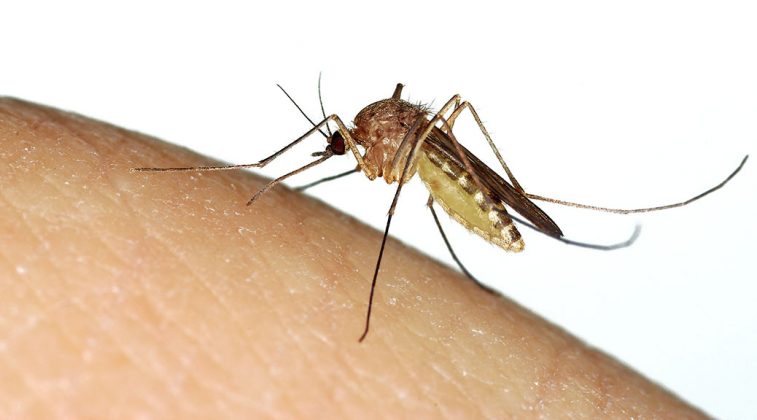West Nile virus is primarily spread by mosquitoes, particularly the Culex tarsalis species, which are most active from dusk to midnight. WNV infection can lead to symptoms such as:
- Fever
- Headache
- Rash
- Swollen lymph nodes
- Muscle and joint aches
People over 60, those with chronic health conditions (like cancer, diabetes, kidney disease, or hypertension), and pregnant women are at higher risk for severe illness.
Take the following steps to reduce your risk of mosquito bites and WNV infection:
- Use Mosquito Repellent
Apply EPA-registered repellents with ingredients like DEET, picaridin, IR3535, oil of lemon eucalyptus, or para-menthane-diol to exposed skin and clothing. - Dress Smart
Wear long sleeves and pants, especially during the evening hours. - Avoid Peak Mosquito Hours
Limit outdoor activity from dusk to midnight when mosquitoes are most active. - Eliminate Standing Water
Mosquitoes breed in stagnant water. Regularly:- Change water in birdbaths and pet dishes
- Drain water from flowerpots and garden containers
- Clear clogged gutters and other areas where water collects
- Support Local Mosquito Control Efforts
Community efforts play a critical role in reducing mosquito populations.
For more information, visit the South Dakota Department of Health website.




